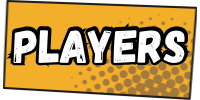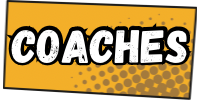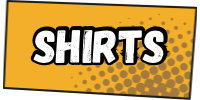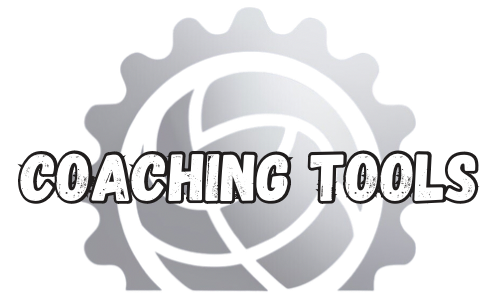
|
Coaching Strategies for Volleyball Blockers
| |
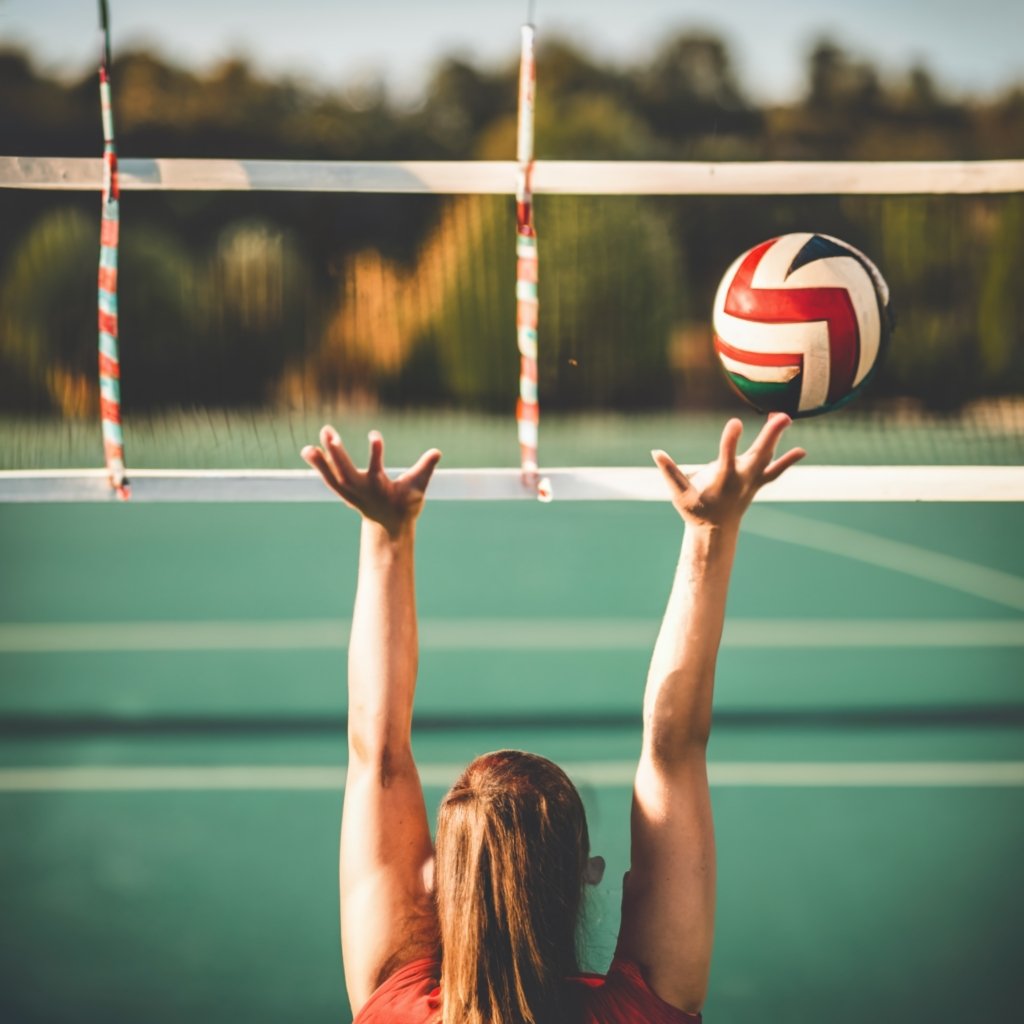
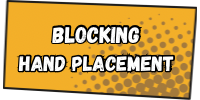
1. Mastering the Fundamentals: Blocking begins with mastering the fundamental techniques. Coaches should emphasize: • Footwork: Teach blockers to start in an athletic position (Not standing up), move laterally and close the block, ensuring they are well-positioned at the net. • Eye Sequence: Encourage blockers to follow the ball, set, and hitter’s approach to time their jumps effectively so can anticipate to close the block faster. • Penetration: Stress the importance of reaching over the net to block the ball (Not slapping) and holding the block, disrupting the attacker’s vision and forcing errors. 2. Timing and Anticipation: Blocking is as much about reading the game as it is about technique. Coaches should work on: • Reading the Setter: Help blockers anticipate the setter’s choices, understanding where the ball is likely to go. • Hitter’s Approach: Train blockers to watch the hitter’s approach to time their jumps accurately as well as recognizing which is their hitting arm as well as how they swing. 3. Communication: Effective communication is vital for successful blocking. Coaches should encourage: • Vocal Calls: Teach blockers to call out their intentions (e.g., “line” or “cross”) to coordinate with their teammates. • Seam Management: Encourage communication about the seams between blockers to ensure no gaps are left open for the attacker. 4. Mental Toughness: Blocking can be mentally challenging, as blockers face powerful spikes and must quickly recover. Coaching should include: • Focus: Teach blockers to maintain intense focus on the ball and not get distracted by deceptive plays. • Resilience: Help blockers bounce back from failed blocks and stay committed to the next play. If you miss judge the block still try to get up to take some of the court away or get off and play defense. 5. Reading the Game: Analyze the opponent’s strategies and tendencies with your blockers. Coaches should: • Study Opponents: Provide insights into the strengths and weaknesses of opposing hitters. • Adaptability: Encourage blockers to adjust their blocking strategy based on the opponent’s attacking patterns. 6. Specific Drills: Incorporate drills that isolate blocking skills and game-like situations. Drills might include: • Block-Defense Drills: Simulate blocking and transition to defense, ensuring that players can transition quickly after a block. • Over-the-Net Drills: Practice reaching over the net to ensure penetration and sealing gaps. 7. Video Analysis: Record and review games and practices to provide constructive feedback. Video analysis helps players understand their performance and identify areas for improvement. Conclusion: Coaching strategies for volleyball blockers encompass technique, timing, communication, mental toughness, and adaptability. Effective coaching equips blockers with the skills and knowledge they need to be a dominating presence at the net, disrupting the opponent’s attacks and creating a formidable defense. As a result, a well-coached blocking unit can elevate a team’s performance and contribute to success on the volleyball court. |
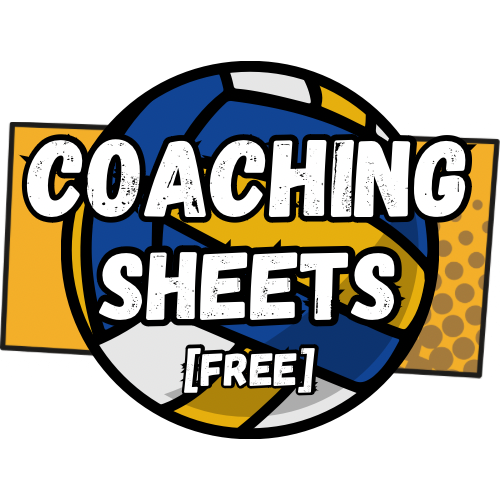
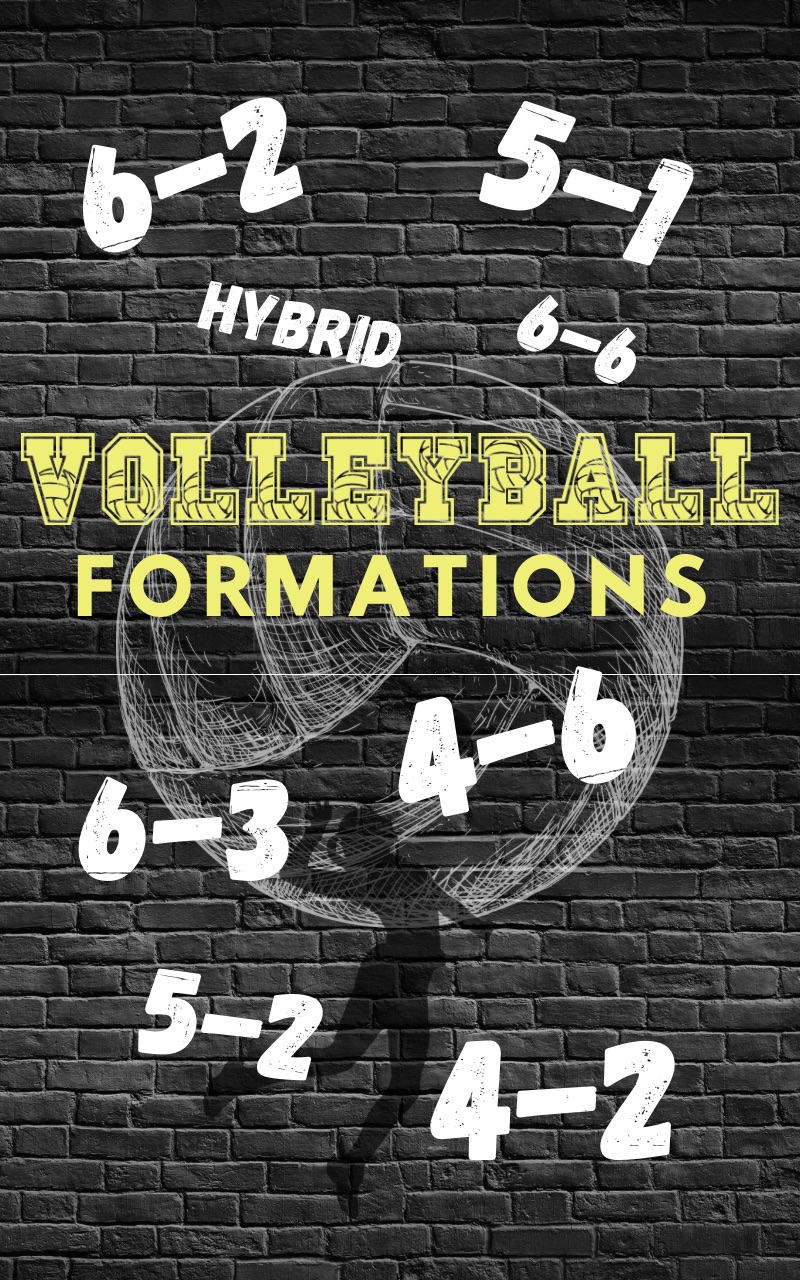 Purchase Ebook on Amazon Purchase Ebook on Amazon
|
Volleyball techniques Volleyball strategies Volleyball drills Volleyball skills Volleyball fundamentals Volleyball tips Volleyball training Volleyball coaching Volleyball playbook Volleyball exercises Volleyball equipment Volleyball gear Volleyball practice Volleyball coaching tips Volleyball playing tips Volleyball tutorials Volleyball lessons Volleyball techniques for beginners Volleyball skills development Volleyball coaching tools Volleyball teaching aids Volleyball improvement tips Volleyball tactics Volleyball game strategies Volleyball mental preparation Volleyball injury prevention
